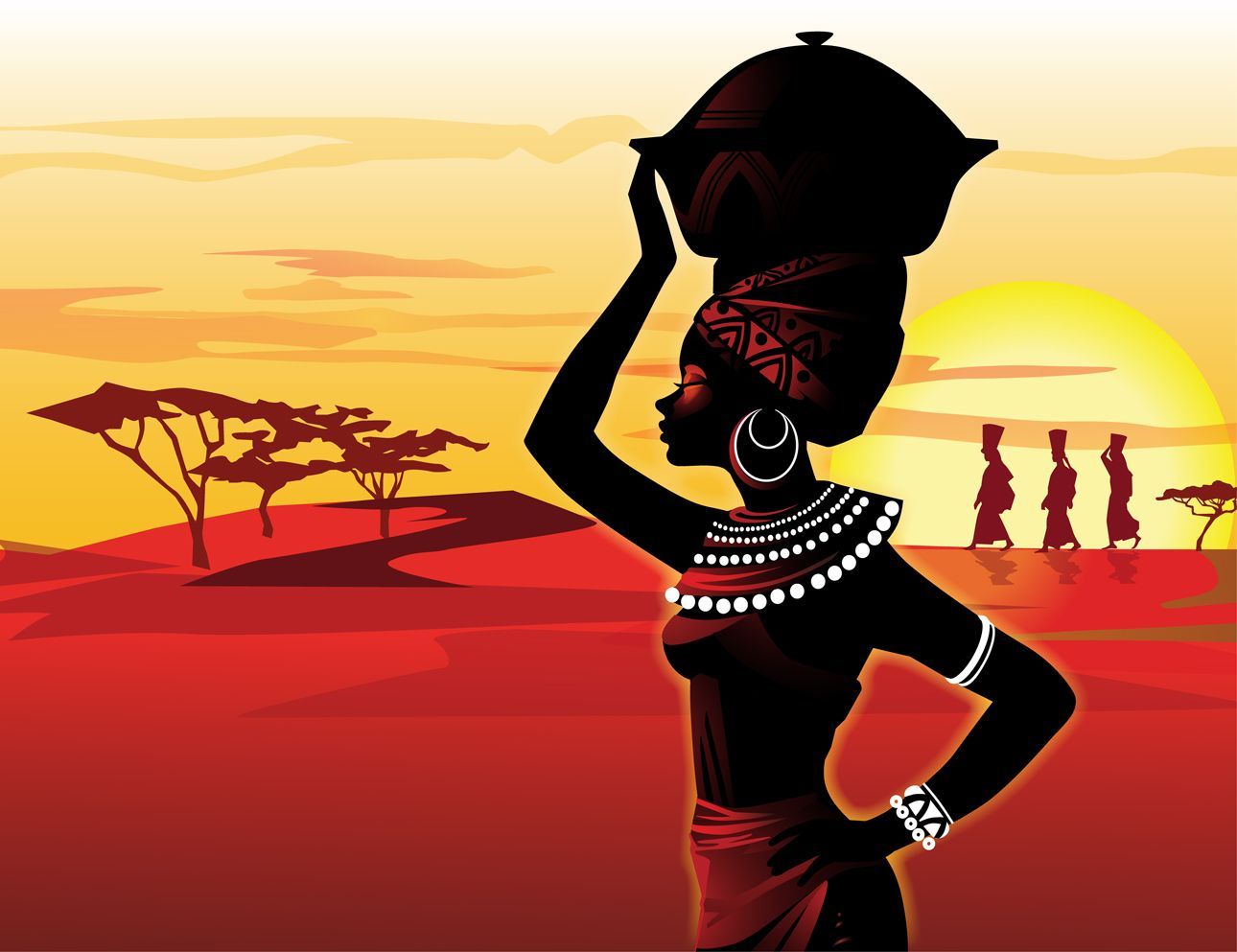Girl Child & Women Education

“Education is the great engine of personal development. It is through education that the daughter of a peasant can become a doctor, that the son of a mineworker can become the head of the mine, that a child of farm workers can become the president of a great nation.” – Nelson Mandela
The great African leader was spot on. There is no greater tool to unleash the potential of the human mind than education. Africa is particularly ripe to reap the benefits of educating the girl child.
Women are the undereducated, underappreciated and underpaid half of the world’s population. They also, sadly, bear a disproportionate amount of harassment, abuse and assault.
The goal should be to empower women through improving access to education, increasing access to funds and promoting women’s participation in decision-making.
The United Nations (UN) concede that investing in women’s economic empowerment sets a direct path towards gender equality, poverty eradication and inclusive economic growth.
The UN further note that, “For over a decade, education for girls has been identified as one of the best solutions to reversing the relentless trend of poverty and disease devastating large portions of sub-Saharan Africa. Not only does ensuring access to education for girls directly improve the feasibility of MDGs 2 and 3, it also has a positive impact on the other six Goals. Camfed’s almost 15 years of experience has demonstrated the direct and indirect benefits of educating girls and young women: reduction of rural poverty (MDG 1), improved maternal health (MDG 5) and lower incidences of HIV/AIDS (MDG 6) are but some of the positive outcomes when a girl is educated.”
However, the reality is that formal channels would not be sufficient to reach the population. Digital platforms are going to play an increasingly greater role in the quest to educate women in Africa.
Without adequate digital infrastructure, this will not be possible. To this end, WOFA will rally all stakeholders within and outside the continent to ensure that the vast majority of women in the continent have access to quality education online and on-site.
